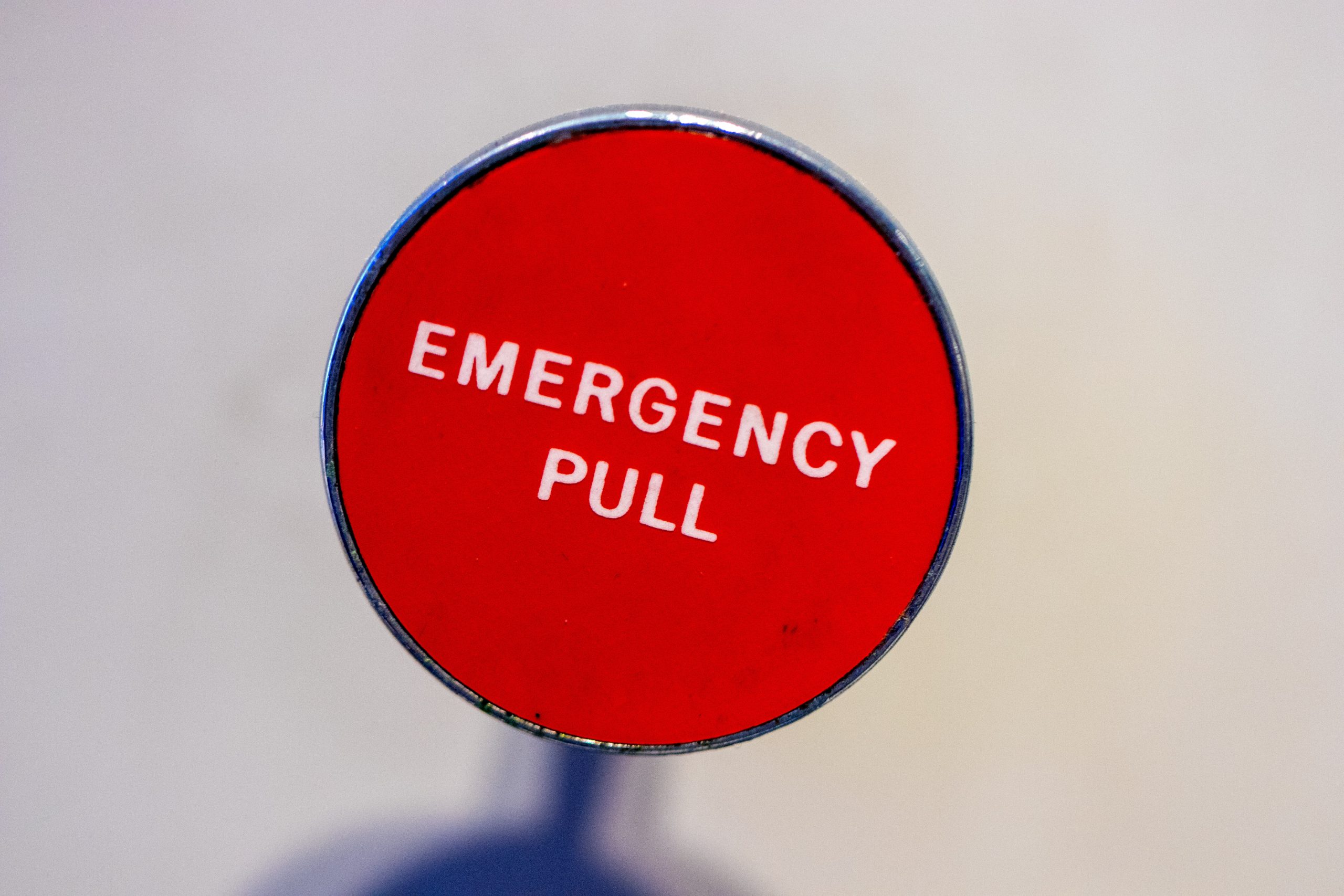I listened to a great #unboundeq conversation the other day (https://www.youtube.com/watch?v=IG64Fx0vv8M).
The thing that has stuck with me the most is that we should stop calling this sudden transition “online learning” as it conflates all the work of those of us who work in online learning.
What we are dealing with is learning during a crisis. One of my colleagues during my PhD studied emergency education. This was education that was provided during a crisis – often focusing on education in refugee camps. It has me wondering, can we learn anything from the field of emergency education? I think it is closer to what needs to be done right now than online learning is. That being said, the displacement to a refugee camp is very different than isolation caused by the need for social distance.
Online learning isn’t something you can throw together in a week – or at least is it almost impossible to do it well – and especially difficult when the majority of your workforce is not familiar with any of the tools.
This isn’t online learning we are talking about – it is something new, something different. It is figuring out how to deliver education in a post Covid-19 world. The word that seems to be more common to describe what is happening right now is “crisis”, so maybe what we should call what is happening, crisis education.
This is not the first time universities have had to close becauses of crisis, it is just the global scope of this that is making it so different. In a Virtually Connecting session, Laura Czerniewicz mentioned that this had happened in South Africa when they had a university shutdown – that they had. Laura provides some great lessons in this article. Laura provides her reflections on the relationship between her previous experience and what is happening now with Covid-19.
As an online instructor, I’m trying to minimize the impact of the Covid-19 chaos on my courses. I only hope that the systems that I rely on don’t get suddenly over burdened that it negatively affects my ability to teach. With everything else in the world changing, maybe some stability in my class will help my students.
I have also given my students a place to “check in”. I’ve created a “coffee shop” discussion forum in all my courses. I used to do this all the time, but have stopped over the last year because it was never used. I’ve put it back and started with a post that welcomes my students to share – I let them know that I care about them.
I have told me students that I will be more flexible with assignment deadlines. I don’t want to extend things too far, as that just causes them to pile up at the end, but I also want them to know that sometimes life gets in the way of learning – and that is more likely to happen now. Their health and the health of their loved ones is more important than an assignment due date.
How has this crisis impacted how you teach? What are you doing differently now?
Feature image by Jason Leung on Unsplash.


Leave a Reply